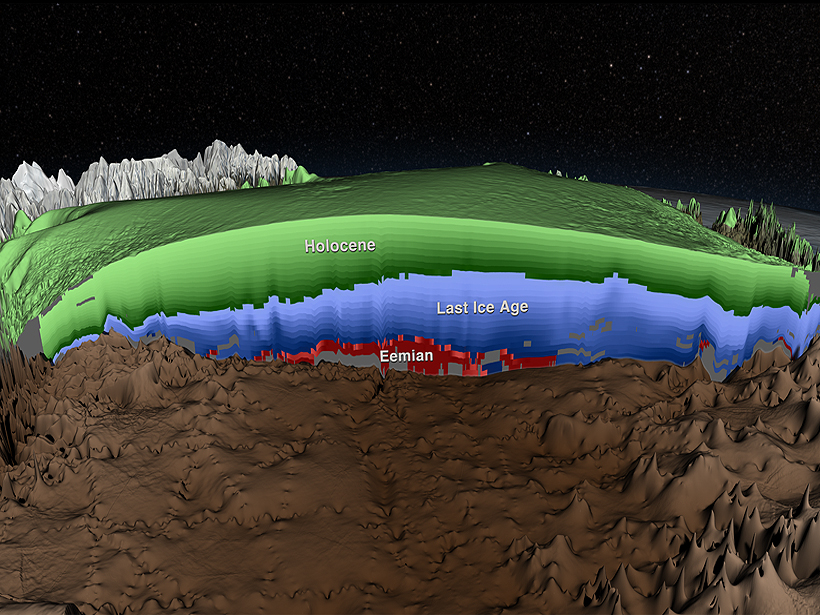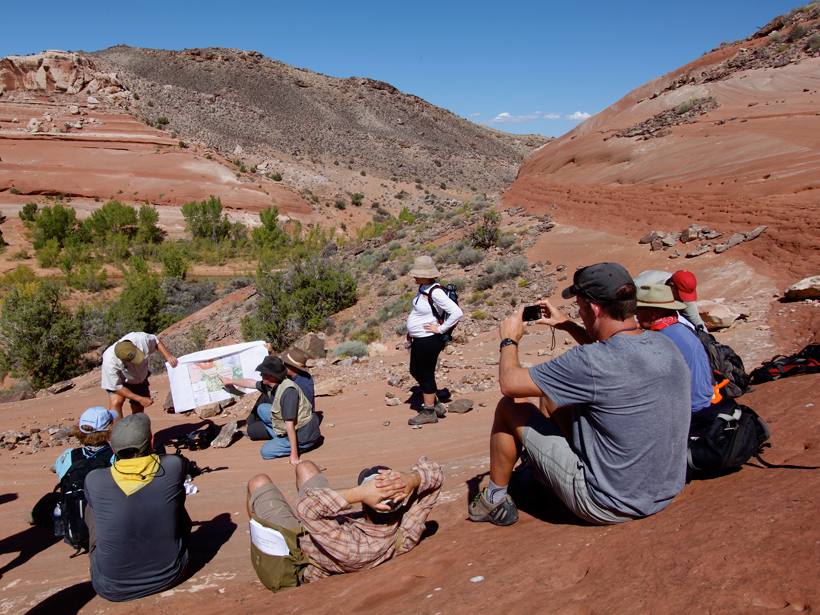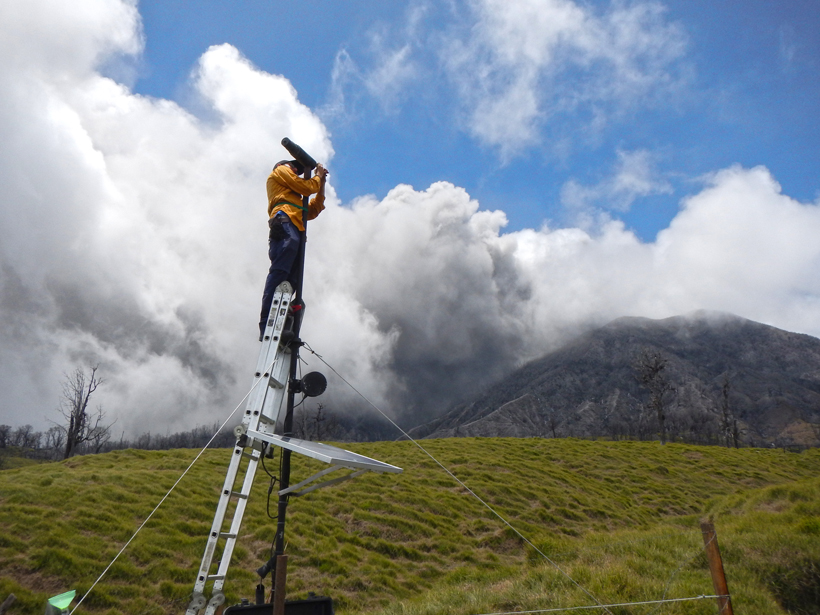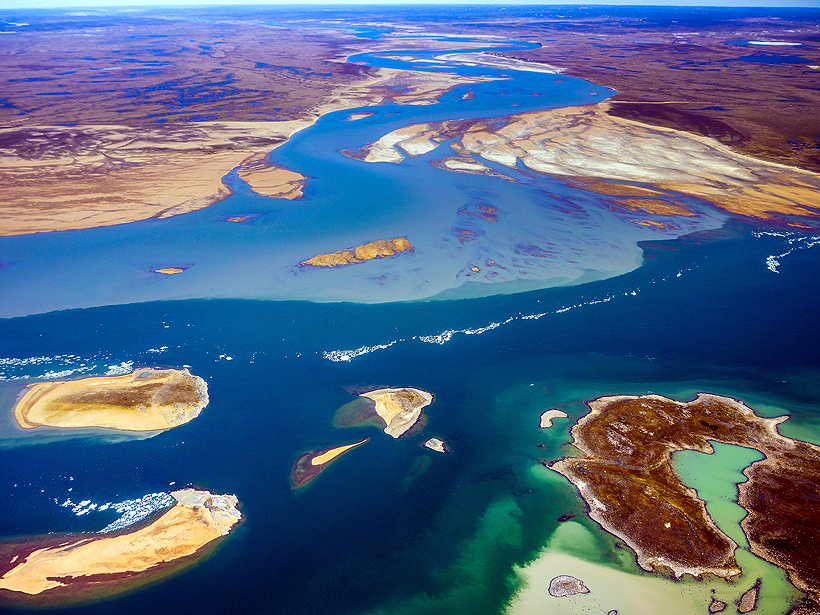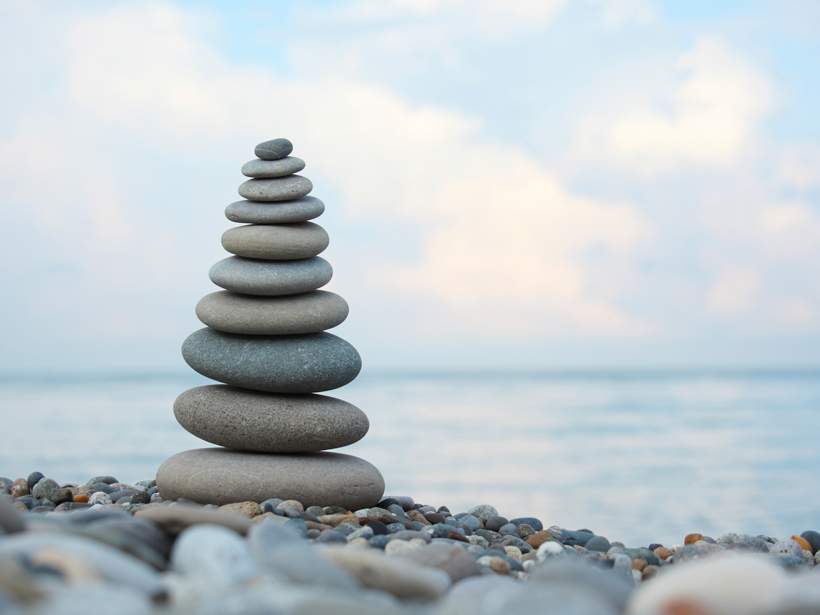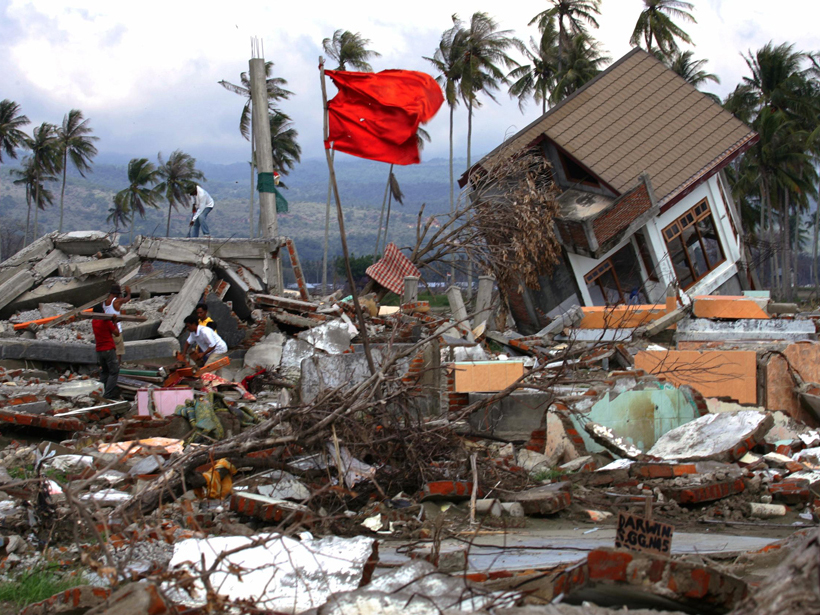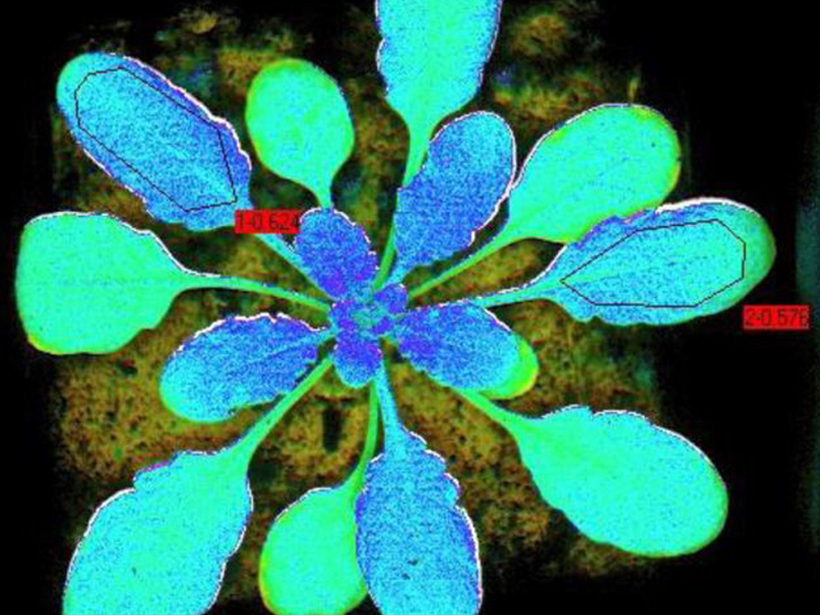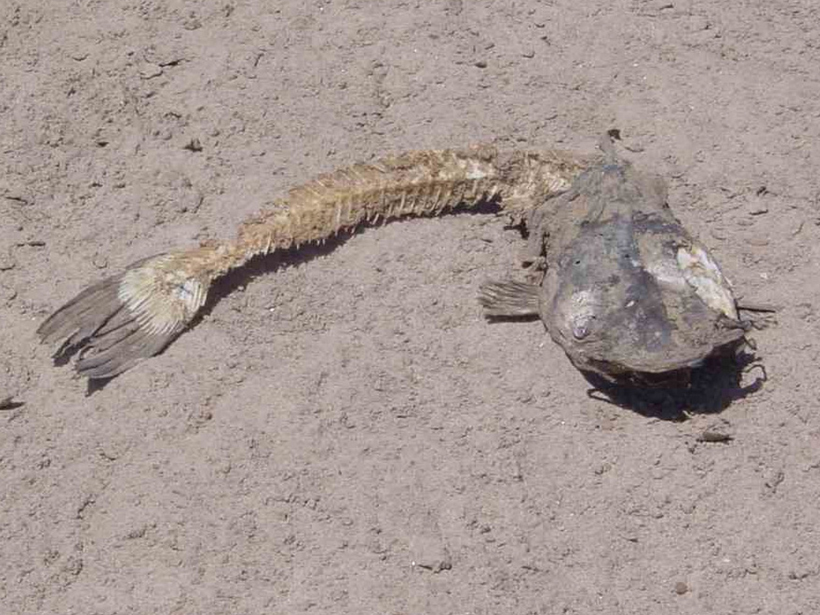First comprehensive analysis of deep radar data gives insight into the dynamics and history of the Greenland Ice Sheet.
Authors who want CC-BY-NC 2015
Joint AGU-ESA Event Brings Together Collaborative Networks
Members of AGU and the Ecological Society of America came together in their first joint event to discuss opportunities for research collaboration.
Guidelines Updated for Field Trip Guidebooks
A geoscience organization recently revised guidelines for preparing the field trip guidebooks and updated its online searchable database for the guides.
Monitoring Gas Emissions Can Help Forecast Volcanic Eruptions
5th Meeting of the Network for Observation of Volcanic and Atmospheric Change; Turrialba Volcano, Costa Rica, 27 April to 1 May 2015
Small Rivers Could Have Big Impact on Arctic Ocean
The Mackenzie River carries the bulk of freshwater flow from North America's tundra to the North Atlantic. But what about the effects of smaller rivers from Canada's Arctic islands?
Geoscientists: Focus More on Societal Concerns
The unprecedented toll from a powerful tsunami shocked a theoretical geophysicist, now an international geoscience organization leader, into action and advocacy to use science to aid society.
Airborne Sensor Can Track Photosynthesis Efficiency
Remote estimation of fluorescence emitted by plants can indicate variations in photosynthesis performance.
Gulf of Mexico Dead Zone Largest Since 2002
Downpours in June drove nutrients into the Mississippi River that ultimately deprived a much larger portion of the Gulf of oxygen than had been expected.
How Can We Better Understand Low River Flows as Climate Changes?
When rivers run low, they threaten ecosystems, economies, and the communities who depend on them. Scientists need to determine how climate change alters this process, but to do so, they'll have to abandon a long-held assumption.

